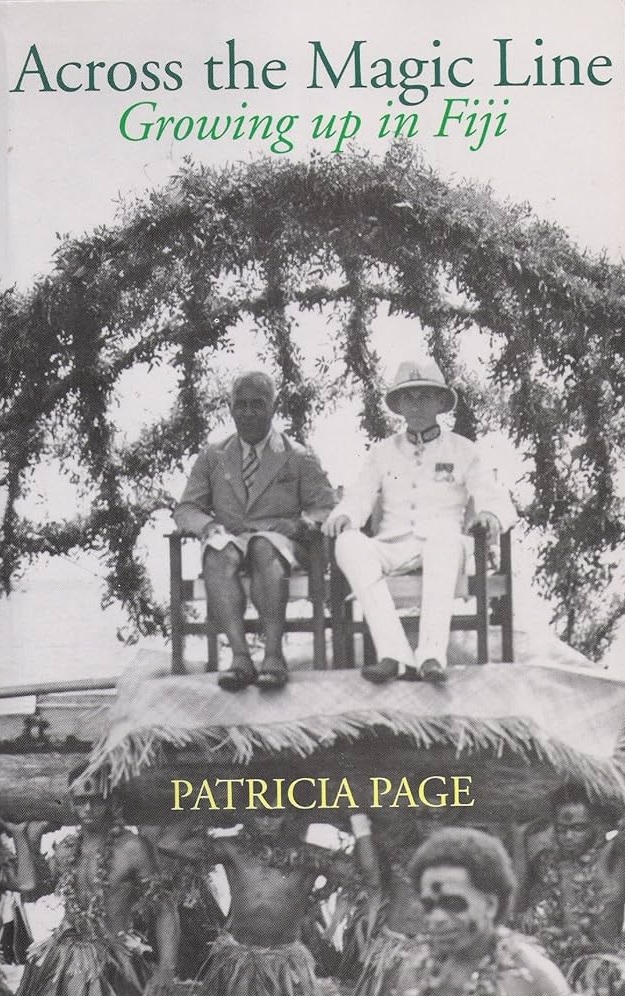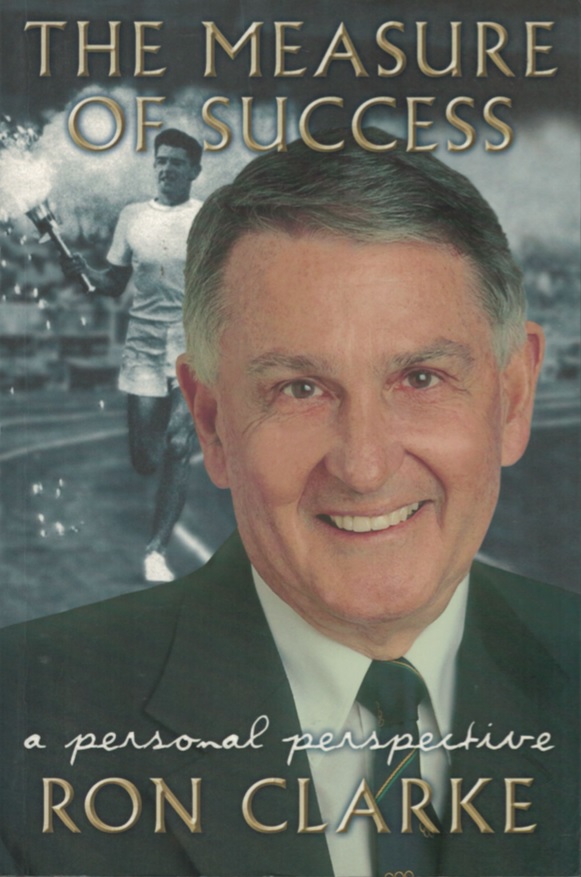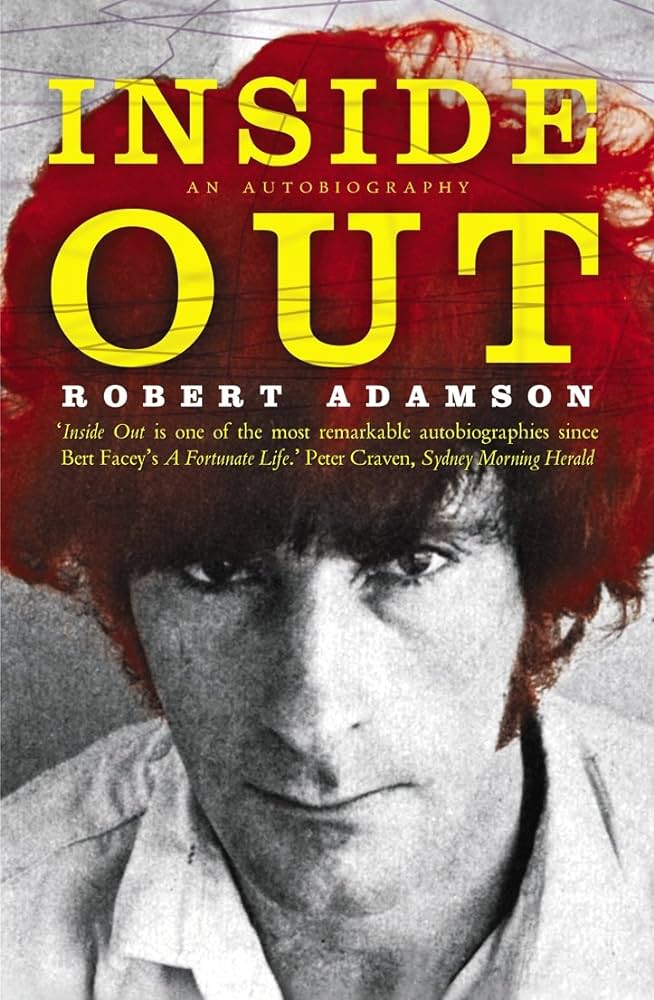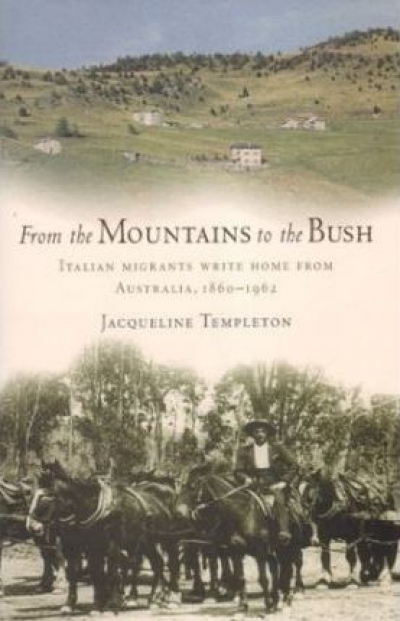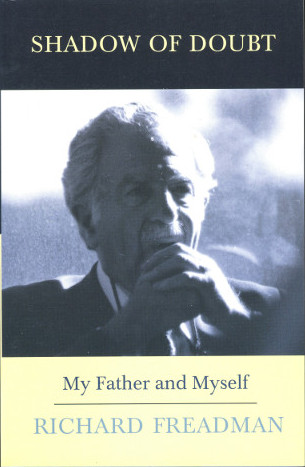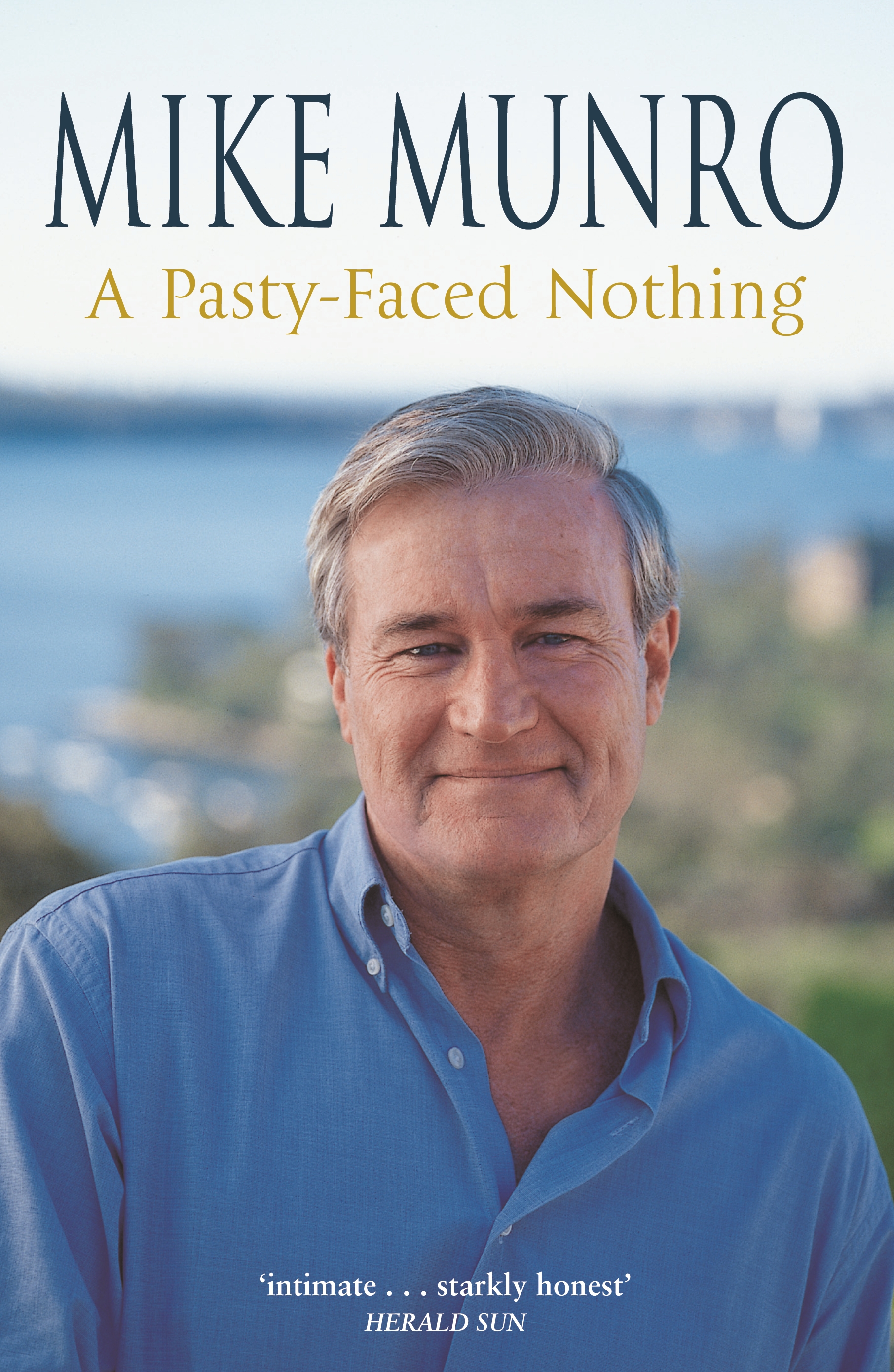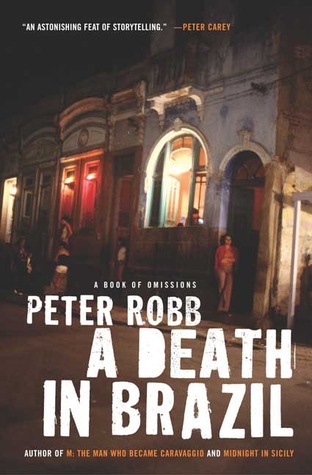Memoir
In ‘St Patrick’s College’ a poem that appears in his 1975 collection Immigrant Chronicle, Peter Skrzynecki recalls the last day of school, when ‘mass was offered up for our departing intentions’, after which the young Peter makes his way home, ‘taking the right-hand turn out of Edgar Street for good’. It is characteristic of Skrzynecki that he should locate such a crucial turning point in his life so precisely, naming the very street that led him to it. It is this impulse to map, to plot the coordinates of a life, that lies behind much of Skrzynecki’s work, forming a grid by which he reads the past and makes sense of it. ‘The streets of Regents Park,’ he says elsewhere, ‘run through my blood /even though I don’t live there anymore’.
... (read more)In Across the Magic Line: Growing up in Fiji, Patricia Page comes full circle, returning with her sister Gay after an absence of fifty years to the enchanted islands of their childhood, reliving their memories and examining the very different Fiji of the present. Despite changes everywhere, the astonishing beauty of the islands remains, and the kindness of the Fijians is constant.
... (read more)The Measure of Success by Ron Clarke & Cathy by Cathy Freeman (with Scott Gullan)
In 1936, at the Nazi Olympics, Jesse Owens won four gold medals and the hearts of the German people, but when he returned to the US his main aim was to turn Olympic gold into real gold. At Mexico City in 1968, Tommy Smith and John Carlos threw away their own careers by appearing on the victory podium barefoot and gesturing with the Black Power salute in protest against the treatment of their ‘brothers’ in the US and elsewhere. Television sent the Smith–Carlos message around the world, but earned the two athletes more opprobrium than praise in Western nations that were still coming to terms with the cultural revolution of the 1960s. This was before the Moscow Olympics in 1980, when the democracies could still convince themselves that sport and politics were worlds apart and should never mix.
... (read more)Aptly, John Ashberry has described Robert Adamson as ‘one of Australia’s national treasures’. Since the late 1960s Adamson has been a vital presence in the renaissance of Australian poetry, both in his own work and as an editor and publisher. The immense command of his writing, its trajectory from the early postmodernist explorations of the poet’s voice and the possibilities of Orphic vision to the clear lyricism of his Hawkesbury poems, has made Adamson one of the reasons why Australian poetry, as Clive James often points out, is as good as any being written in English at the present time. And there is an extraordinary story behind the writing, which comes through in the poetry, and which Adamson now relates in Inside Out: An Autobiography.
... (read more)From the Mountains to the Bush: Italian immigrants write home from Australia by Jacqueline Templeton, edited by John Lack and assisted by Gioconda di Lorenzo
Posthumously and handsomely published, this book is a poignant tribute to its author’s ‘magnificent obsession’. For a decade before her sudden death in April 2000, the Melbourne historian Jacqueline Templeton had pursued her interest in the migrations to Australia of Italians from the Valtellina, a province of Sondrio in Lombardy, high up in the Alpine and pre-alpine zones of northern Italy, close to the present-day border with Switzerland. On the day following the completion of her manuscript, Templeton was diagnosed with a terminal illness and told that she had only months to live. That night she suffered a severe stroke; three days later she was dead. Family and friends grieved for the loss of a vibrant and charming woman.
... (read more)For a man who was supposed to have a shot memory, Alan Bond has a remarkable power of recall. In the mid1990s, facing fraud charges concerning his dealings in Manet’s painting La Promenade, he – or rather, his barristers – successfully argued in court that a series of minor strokes had left him with brain damage and a memory so defective he couldn’t possibly be expected to answer prosecution questions. Those Australians who reckoned all along that he faked the forgetfulness, the shuffling gait, and the vacant stare at the television cameras outside court will doubtless be confirmed in their view that he’s a shameless liar.
... (read more)Shadow of Doubt: My Father and Myself by Richard Freadman
Richard Freadman’s first work intended for a non-academic readership is, in his own words, ‘the Son’s Book of the Father’ and thus belongs to a venerable genre. Freadman, whose contribution to our understanding of autobiography has been acute, is well qualified to draw on this tradition in portraying his own father and analysing their relationship. Along the way, he discusses memoirists such as John Stuart Mill, Edmund Gosse and Henry James.
Shadow of Doubt: My Father and Myself can’t have been an easy book to write. Few family memoirs are, if their authors are honest about their families and themselves. Freadman knows that autobiography is a ‘chancy recollective escapade’. ‘My father,’ he writes, ‘was an extremely, an impressively complex man, and there is no single “key” to a life like this.’
... (read more)I must confess I picked up this celebrity autobiography, complete with embossed cover and a price suggestive of a huge print run, without anticipation. I could not have been more wrong. Mike Munro’s excoriating and frank account of his abused childhood and early years in journalism chronicles a survival story that is Dickensian in scope and impact. Like Dickens, Munro managed to overcome poverty, cruelty and emotional deprivation to reach the top of a demanding profession. Remarkably, considering his scarifying experiences as a child and adolescent, he fell in love and married a partner with whom he has created the kind of loving family life that he never knew as a child. But I am jumping ahead.
... (read more)A Death in Brazil: A book of omissions by Peter Robb
Australian writer Peter Robb has once again written a whole, complex, foreign society into our comprehension. This time it is Brazil, its myriad worlds of experience, its cruelly stolid immobility and exhilarating changefulness, its very incoherence, somehow made accessible to our understanding. In 1996 Robb’s Midnight in Sicily was published to international acclaim. He had set himself the task like the one the mythical, doomed Cola Pesce had been commanded to achieve: to dive into the sea of the past; ‘to explore things once half glimpsed and half imagined’; and to discover ‘what was holding up Sicily’. And he succeeded magnificently.
... (read more)In the Australian world of HIV/AIDS, David Menadue is something of a legend. He tested positive to HIV in 1984, and first became ill with AIDS in 1989. This makes Menadue one of the longest-term survivors of an AIDS-defining illness in Victoria. As his doctors note, and as he reaffirms, not without a hint of justifiable pride, ‘this is a remarkable record … my survival is exceptional’. Equally exceptional is Menadue’s optimism. ‘I have always been an optimist,’ he writes, ‘and even in my darkest days with AIDS, I don’t think I ever gave up hope.’ This is how Menadue accounts for his longevity – a mix of optimism, hope and good fortune. The reader might also add courage.
... (read more)


